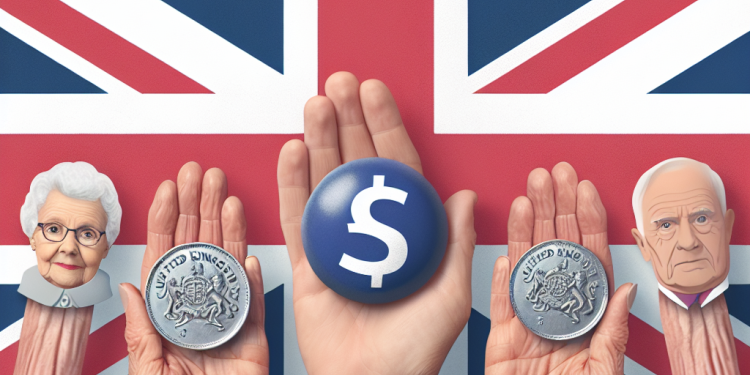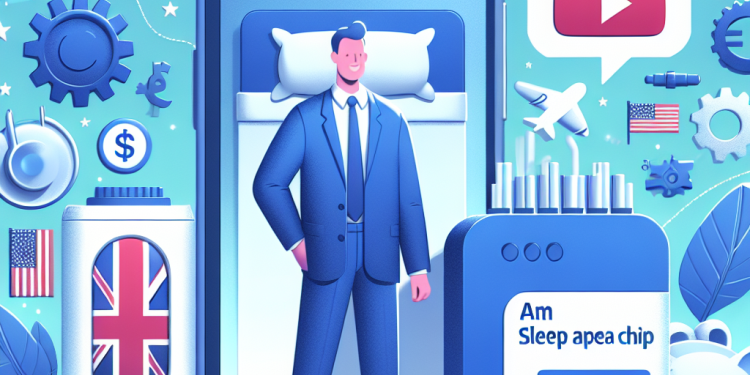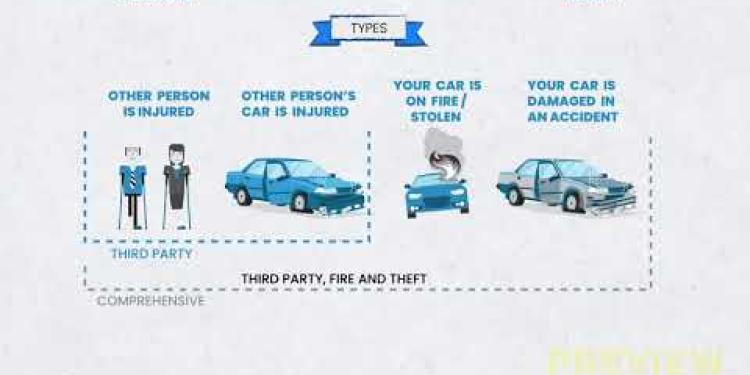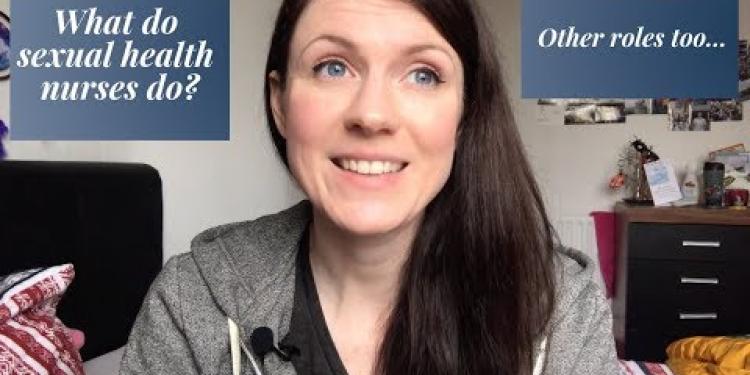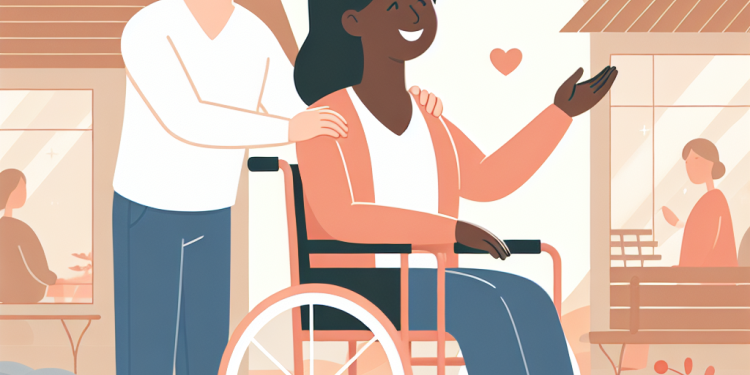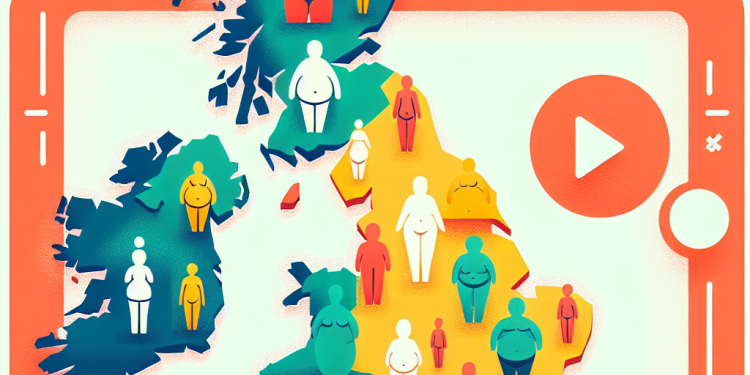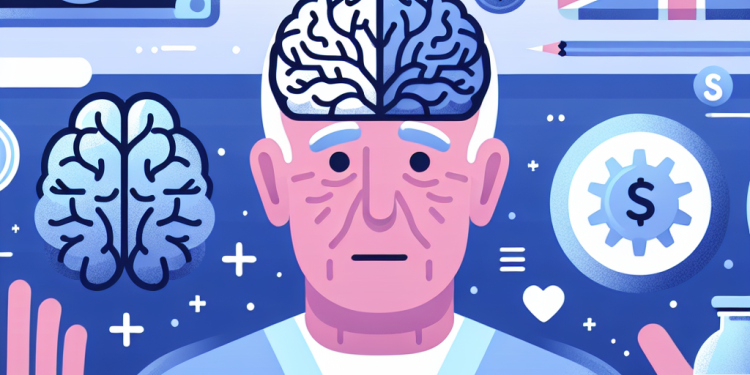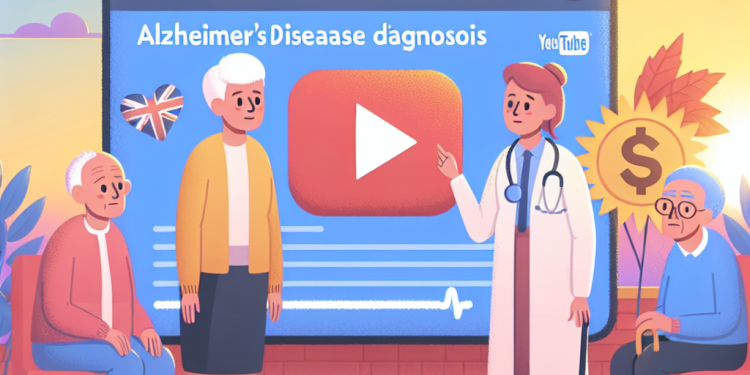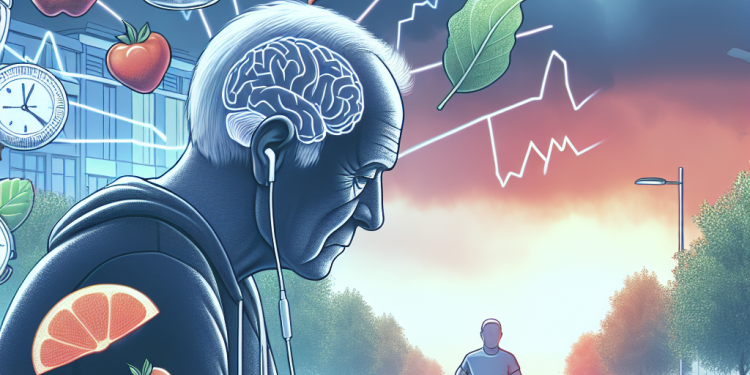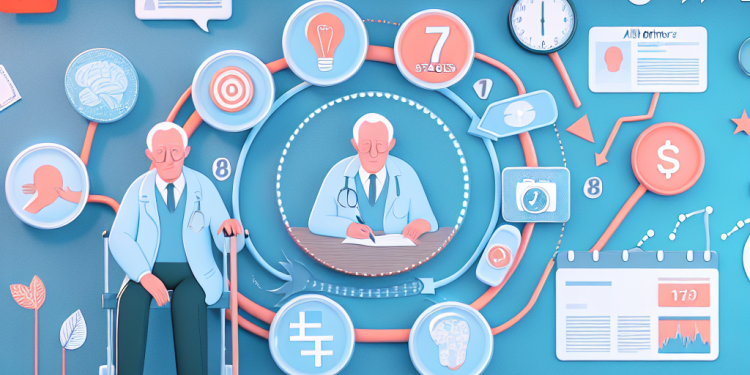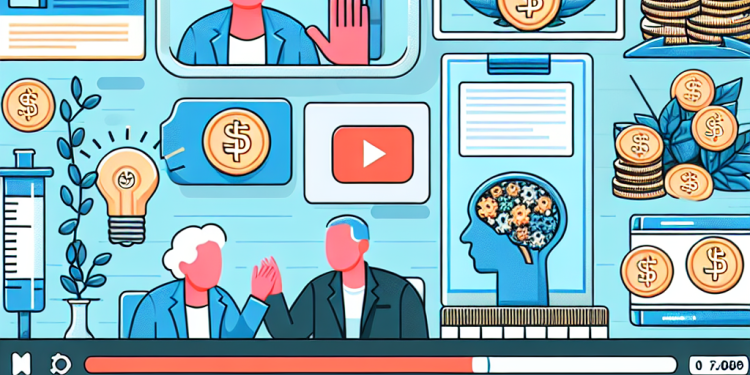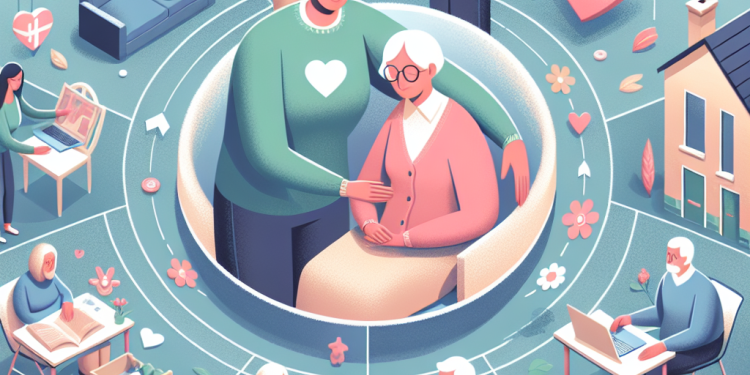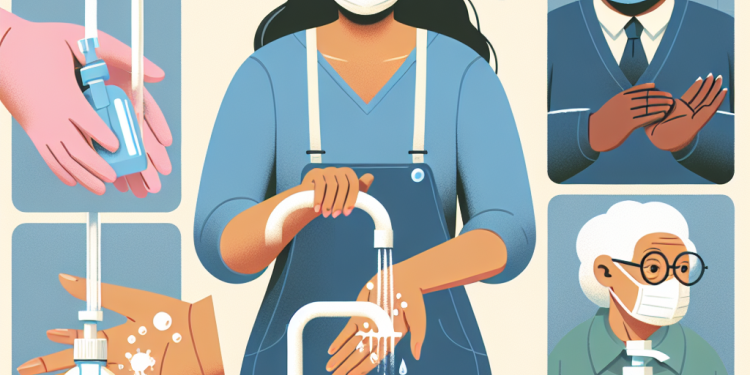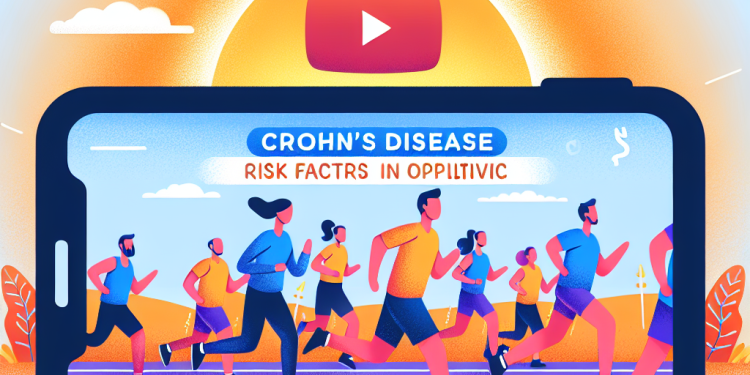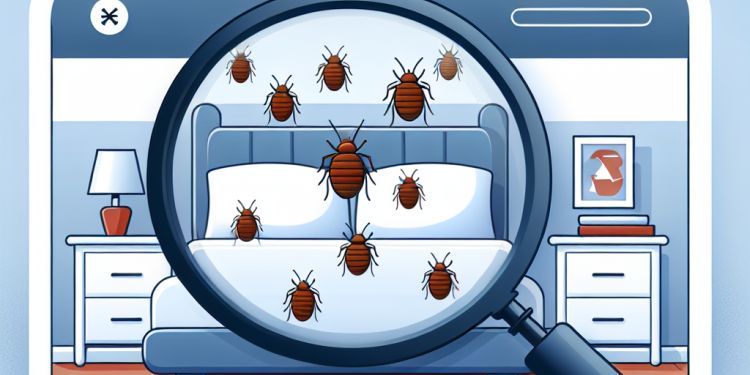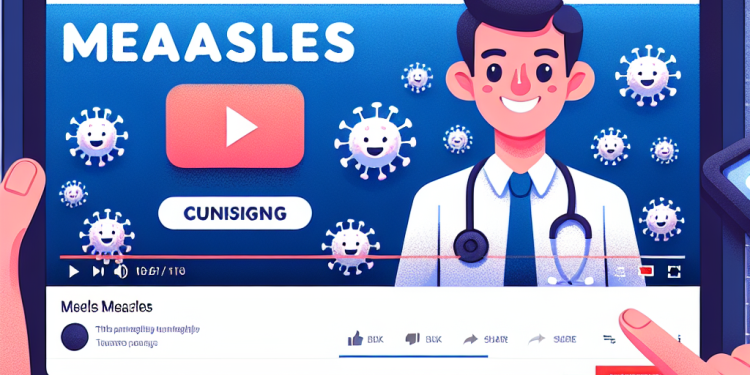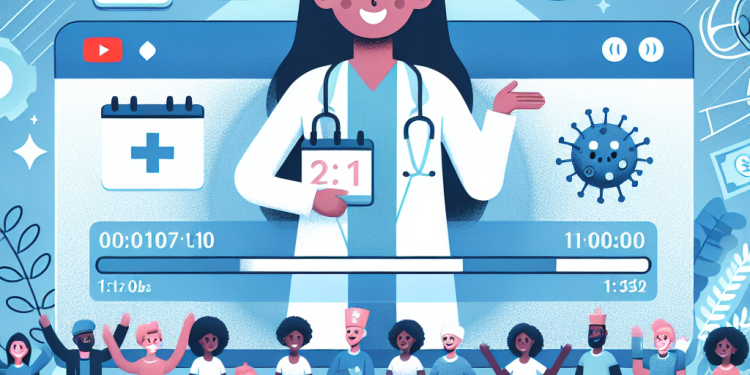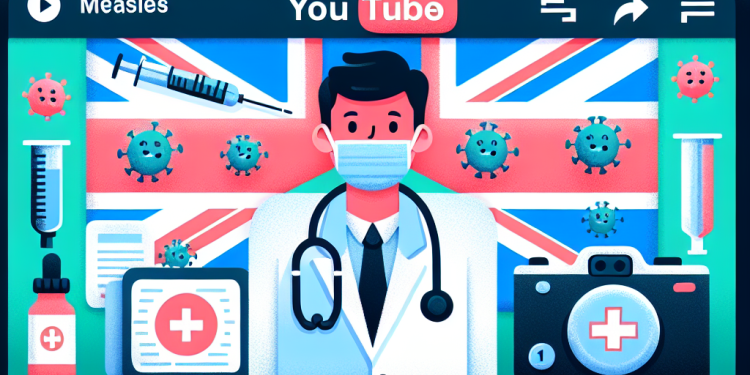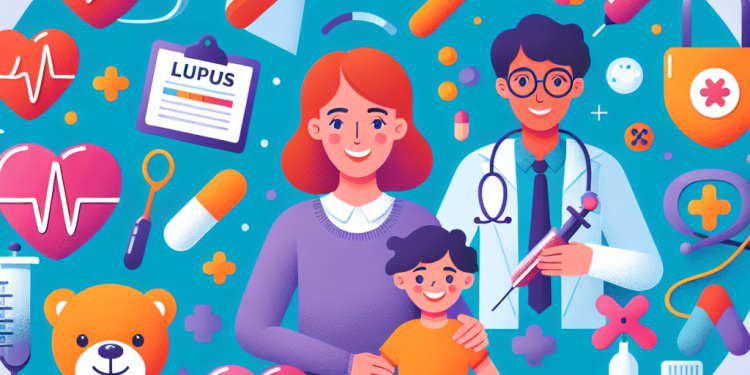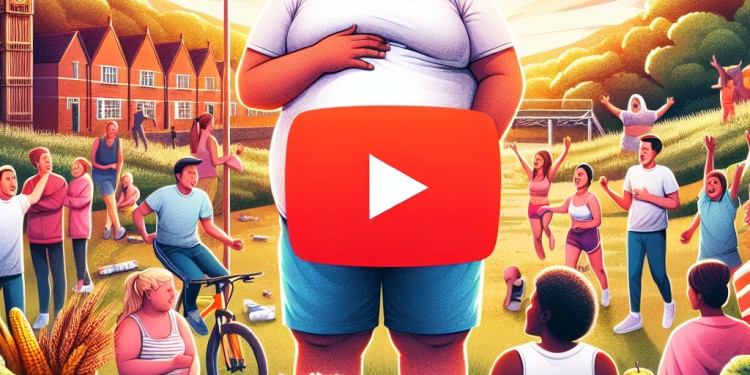
Find A Professional
Societal Factors Contributing to Obesity in the United Kingdom
Economic Influences and Accessibility
One significant societal factor contributing to obesity is the economic landscape, which affects food accessibility and choices. In the UK, healthier foods, such as fresh fruits, vegetables, and lean proteins, often come with a higher price tag compared to processed, calorie-dense options. This economic dichotomy can force individuals and families, particularly those with limited financial means, to opt for cheaper, less nutritious alternatives. This accessibility issue is further compounded in areas classified as "food deserts," where limited availability of healthy food options restricts dietary choices.
Urbanisation and Lifestyle Changes
Rapid urbanisation and the fast-paced lifestyle it engenders also contribute to increasing obesity rates. Many urban dwellers in the UK lead sedentary lives, with a higher proportion of time spent in office environments and commuting, leaving little time or energy for physical activity. Additionally, the urban lifestyle tends to favour convenience, which increases reliance on fast food and takeout options that are typically high in calories and low in essential nutrients.
Cultural and Social Norms
Cultural attitudes toward food and body image in the UK play a pivotal role in the obesity epidemic. In some communities, there is an ingrained culture of celebrating with food, leading to habitual overeating. Social gatherings often revolve around eating, and larger portion sizes can become the norm. Moreover, advertising in the UK frequently promotes unhealthy snacks and beverages, particularly targeting children and teenagers, which can shape long-term consumption patterns.
Government Policies and Public Health Initiatives
While the UK government has implemented several public health initiatives aimed at curbing obesity, policy challenges remain. There is often limited efficacy in regulating advertising of unhealthy foods and beverages, especially those targeting youth. Additionally, the implementation of measures such as sugar taxes is frequently met with resistance from industries and consumers alike. Enhancing policy frameworks to promote healthier lifestyle choices and ensuring effective enforcement could significantly impact obesity rates.
Why People in the UK Are Gaining Weight
Money and Food Access
One big reason some people in the UK gain weight is because of money. Healthy foods like fruits, vegetables, and lean meats can be expensive. Less healthy foods, like ready meals and snacks, are usually cheaper. So, people with less money might choose cheaper, less healthy foods. In some places, there are not many shops that sell healthy foods. This makes it hard for people to buy fresh fruits and vegetables.
City Life and Lifestyle Changes
Living in the city can make people move less. Many people work in offices and spend time going to and from work. This leaves little time to exercise. City life is busy, so people often eat fast food, which is quick but full of calories and not very healthy.
Culture and Social Habits
In the UK, people sometimes eat a lot when they celebrate. This can make them eat too much. Social events often have lots of food, and big portions can become usual. Advertisements often show unhealthy snacks and drinks, especially to kids and teens, making them want these foods more.
Government Actions and Health Plans
The UK government tries to help people be healthier, but it's not always easy. It's hard to stop ads for unhealthy foods, especially those aimed at young people. Ideas like taxing sugary drinks face pushback from companies and some people. Better plans and rules can help more people choose healthier lifestyles, which can lower weight gain.
To help understand and remember this information better, using tools like simple diagrams, note-taking, and talking about these topics with others can be useful. Parents, teachers, and friends can offer support and encouragement for making healthy food choices and staying active.
Frequently Asked Questions
What is obesity?
Obesity is a medical condition characterized by excessive body fat that can negatively impact health. It is often measured by body mass index (BMI), where a BMI of 30 or higher is considered obese.
Is obesity a growing problem in the UK?
Yes, obesity is a significant and growing issue in the UK, affecting both adults and children. It is associated with an increased risk of various health problems such as heart disease, diabetes, and certain cancers.
What societal factors contribute to obesity?
Several societal factors contribute to obesity, including sedentary lifestyles, the availability of high-calorie processed foods, socioeconomic status, and environments that do not encourage physical activity.
How does socioeconomic status influence obesity rates?
Individuals from lower socioeconomic backgrounds may have limited access to healthy foods and safe spaces for physical activity, contributing to higher obesity rates. Economic constraints can make it challenging to afford healthier food options.
Does the UK's food environment affect obesity?
Yes, the prevalence of fast food outlets and the marketing of unhealthy processed foods contribute to unhealthy eating habits, which can lead to obesity. The availability of high-calorie, low-nutrient foods is a significant factor.
How do work environments influence obesity?
Many jobs are becoming more sedentary, with fewer opportunities for physical movement, contributing to weight gain. Long working hours can also reduce time available for physical activity and meal preparation.
Does education level impact obesity risk?
Yes, education level can impact obesity risk, as individuals with higher education levels may have better access to information about nutrition and health, and may adopt healthier lifestyle choices.
What role does marketing play in obesity?
Marketing, especially that targeted at children, often promotes unhealthy food and drink choices. Advertisements for sugary drinks and fast foods can influence consumer preferences and contribute to unhealthy dietary patterns.
Can urban environments contribute to obesity?
Urban environments can influence obesity rates. Lack of green spaces, safe walking or cycling paths, and recreational facilities can discourage physical activity, while the density of food outlets offering unhealthy options can promote poor eating habits.
How does technology impact obesity?
The rise in technology use, including screens for entertainment and work, can lead to more sedentary behaviour, contributing to obesity. Reduced physical activity as a result of increased screen time is a notable factor.
Are there cultural factors that influence obesity?
Cultural norms and values can influence eating habits and perceptions of body weight. Traditional diets being replaced by Westernized diets and changing eating patterns contribute to rising obesity rates.
How does public policy influence obesity rates?
Public policies that affect food pricing, nutritional labeling, and regulations on advertising can influence dietary choices. Policies promoting healthy eating and active living are critical in addressing obesity.
What is the impact of childhood obesity into adulthood?
Children who are obese are more likely to remain obese into adulthood and face related health issues such as type 2 diabetes, cardiovascular diseases, and psychological issues, including low self-esteem and depression.
Can community initiatives help reduce obesity?
Yes, community-based programs that promote physical activity, provide nutritional education, and improve access to healthy foods can be effective in reducing obesity rates. Engaging local communities is crucial in creating supportive environments for healthy living.
What can individuals do to mitigate societal influences on obesity?
Individuals can focus on maintaining a balanced diet, increasing physical activity, being mindful of media influences, seeking education on healthy lifestyle choices, and advocating for healthier community resources.
What is obesity?
Obesity means having too much body fat. It can make us sick. Eating healthy food and moving our bodies can help. Some tools and techniques like using pictures or talking to a doctor can help us understand more about obesity.
Obesity means having too much body fat. This can make you unhealthy. We check this with something called BMI (Body Mass Index). If your BMI is 30 or more, it means you are obese.
Is obesity getting worse in the UK?
Is obesity a bigger problem in the UK now?
Here’s how you can understand it:
- People are putting on more weight than they should.
- This is called obesity.
- Many people in the UK are struggling with obesity.
- It is becoming a bigger problem.
How to find more information:
- Look at pictures that explain what obesity is.
- Watch videos about staying healthy.
- Talk to a doctor or a nurse for help.
Yes, being very overweight is a big and growing problem in the UK. It affects both grown-ups and children. Being overweight can lead to health problems like heart disease, diabetes, and some types of cancer.
What things in society make people get obesity?
Many things in society can make people gain too much weight. These include sitting too much, having lots of high-calorie snacks and drinks, not having enough money, and not having places to play or exercise.
How does money and job affect if people are overweight?
People who don't have much money might find it hard to buy healthy food. They also might not have safe places to play or exercise. This can make them more likely to be overweight. When money is tight, buying good food can be tough.
Does food in the UK make people gain weight?
Let's talk about food and weight. Can the types of food around us in the UK make us gain weight?
Some people find that if there are lots of unhealthy foods, like sweets and fast food, it can be easy to eat too much. This might make them gain weight. But if there are lots of healthy foods, like fruits and vegetables, it can help people stay at a good weight.
Using tools like picture menus or charts with images can help you choose healthy foods. Also, having a friend or family member help with food choices can be a good idea.
Yes, there are many fast food places and ads for unhealthy foods. These can make people eat less healthy, which can make them gain too much weight. Having lots of foods with many calories and not much good stuff for your body is a big reason why this happens.
How does work affect weight?
Workplaces can change how people eat and move. This might make people gain weight. Here are some ways work can affect weight:
- Sitting too much: Many jobs make people sit all day. Sitting a lot and not moving can lead to weight gain.
- Food choices: Some jobs have vending machines or are close to fast-food. This might lead to eating more unhealthy snacks.
- Stress: Busy or stressful jobs might make people eat more to feel better. This can cause weight gain.
If you want to be healthier at work, here are some tips:
- Stand up and stretch every hour.
- Bring healthy snacks from home.
- Take a walk during breaks.
If reading is hard, you can ask a friend for help or use a tool that reads text out loud.
Many jobs involve sitting down a lot. This means there is less chance to move around, which can lead to gaining weight. Working long hours also means there is less time for exercise and cooking healthy meals.
Can how much school you go to affect being overweight?
Yes, your education level can affect if you might become overweight. People who go to school longer might know more about eating healthy and staying fit. They might also make better choices for their health.
How does marketing affect obesity?
Ads and marketing try to get you to buy things. Sometimes these ads are for food and drinks that are not good for you, like sugary drinks or fast food. These ads can make people, especially kids, want these foods more. This can lead to unhealthy eating habits.
Do cities make people gain weight?
Cities have many buildings, roads, and cars.
Some people think living in cities might make it hard to stay healthy.
Here are some things to think about:
- Are there parks to play and exercise in?
- Is it easy to walk or ride a bike?
- Are there lots of places selling healthy food?
Talking to a grown-up or a helper can be good.
Using pictures and charts can help understand better.
Cities can make people gain weight. If there are no parks, safe places to walk or bike, or places to play, people might not want to exercise. If there are lots of places selling junk food, people might eat unhealthy.
How does technology affect weight gain?
Technology means using phones, tablets, computers, and TV.
Using technology a lot can make people sit for long times.
Sitting a lot can make people gain weight.
This can happen because they don't move enough.
Use timers to remind you to move around more.
Try apps or videos that help you exercise and stay active.
Using phones, tablets, and computers a lot can mean sitting down more. When we sit too much, we can gain weight. Watching screens and not moving around is one reason why this happens.
Do different cultures affect how people gain weight?
The way we eat and think about our body can be influenced by what is normal in our culture. Sometimes, people stop eating traditional foods and start eating more Western foods. This change can make more people become overweight.
How can public laws and rules affect how many people are overweight?
Public laws and rules are like big decisions made by the government to help people. Sometimes, these rules can change things like how much good food costs or how much exercise people can do.
When the government makes rules that help people eat healthy food and be active, it might help less people be overweight.
Here are some helpful ideas:
- Eat lots of fruits and vegetables.
- Play outside or do fun activities to stay active.
- Drink water instead of sugary drinks.
Government rules about food prices, labels that show what's in our food, and ads we see can change what we eat. Rules that help people eat healthy and stay active are very important to stop obesity.
Helpful tips:
- Use pictures on food labels to understand what's healthy.
- Look for easy recipes that show you how to make healthy meals.
- Watch videos that explain healthy eating in simple steps.
How does being overweight as a child affect you when you grow up?
If a child is overweight, it might cause health problems when they become an adult. These can make it harder to stay healthy and happy.
Things that might help:
- Eating healthy food like fruits and vegetables.
- Playing and exercising to stay active.
- Talking to a doctor or nurse for help and advice.
Kids who are very overweight might stay that way when they grow up. This can make them sick with things like diabetes and heart problems. They might also feel sad or not good about themselves.
Can local projects help people stay healthy and not overweight?
Yes, programs in neighborhoods can help people exercise, learn about healthy eating, and get good food. These programs can help people not gain too much weight. It is important for people in the community to work together to make living healthy easier.
What can people do to help stop things that make everyone get too heavy?
People can do these things to stay healthy:
- Eat a mix of foods like fruits, veggies, and whole grains.
- Move your body and exercise often.
- Think about how TV and online stuff can affect you.
- Learn about ways to live a healthy life.
- Ask for things in your community to help everyone be healthy.
Useful Links
More Videos of Interestdiagnosis
Have you found an error, or do you have a link or some information you would like to share? Please let us know using the form below.
- Ergsy carfully checks the information in the videos we provide here.
- Videos shown by Youtube after a video has completed, have NOT been reviewed by ERGSY.
- To view, click the arrow in centre of video.
- Most of the videos you find here will have subtitles and/or closed captions available.
- You may need to turn these on, and choose your preferred language.
- Go to the video you'd like to watch.
- If closed captions (CC) are available, settings will be visible on the bottom right of the video player.
- To turn on Captions, click settings .
- To turn off Captions, click settings again.

